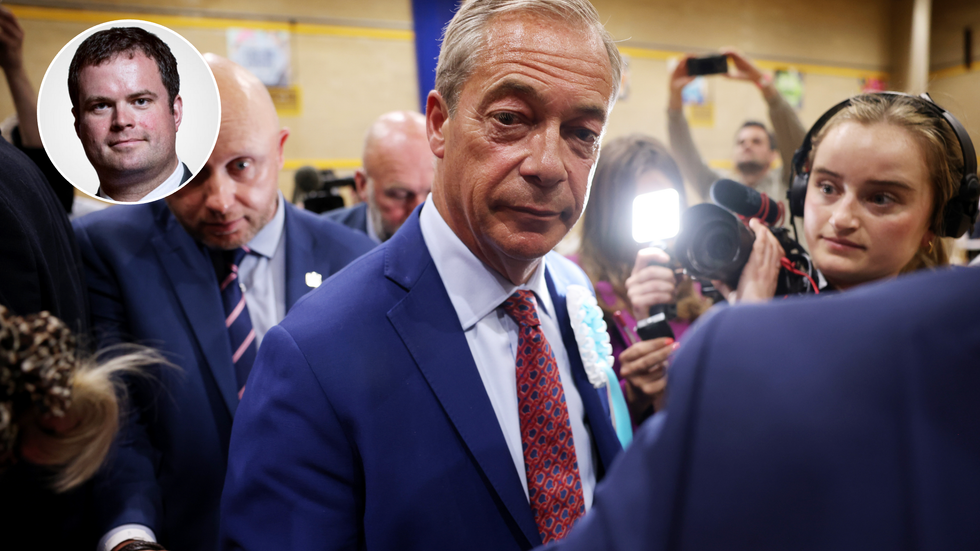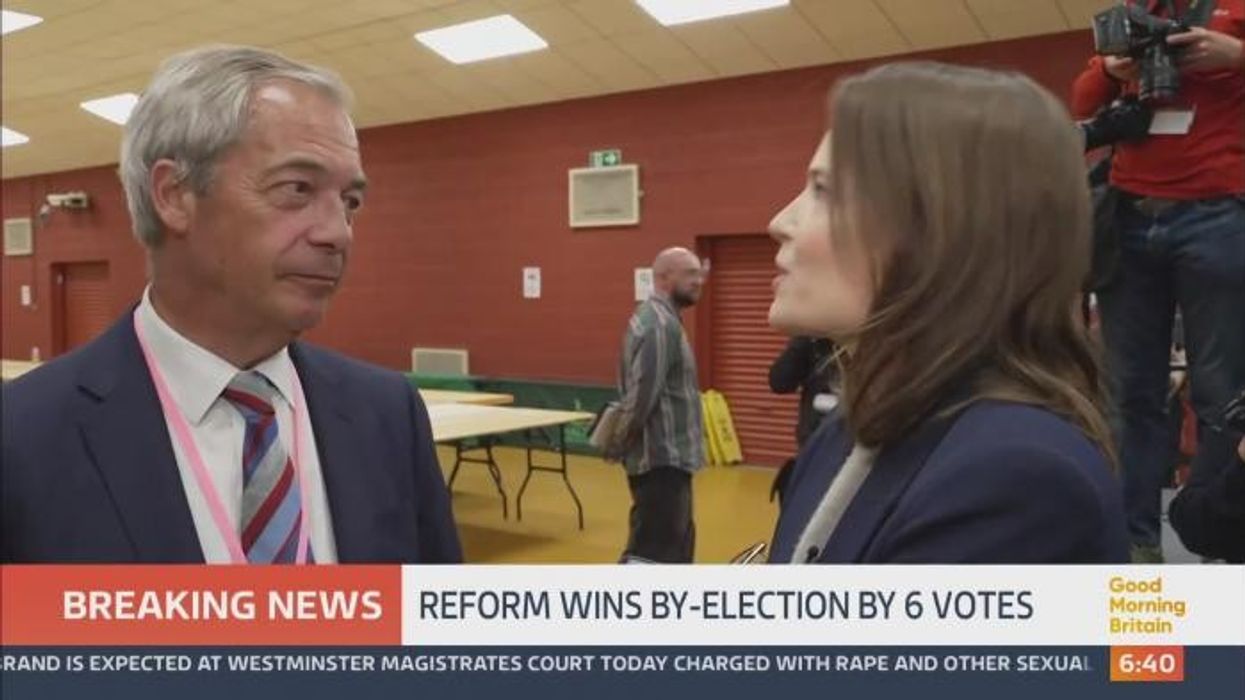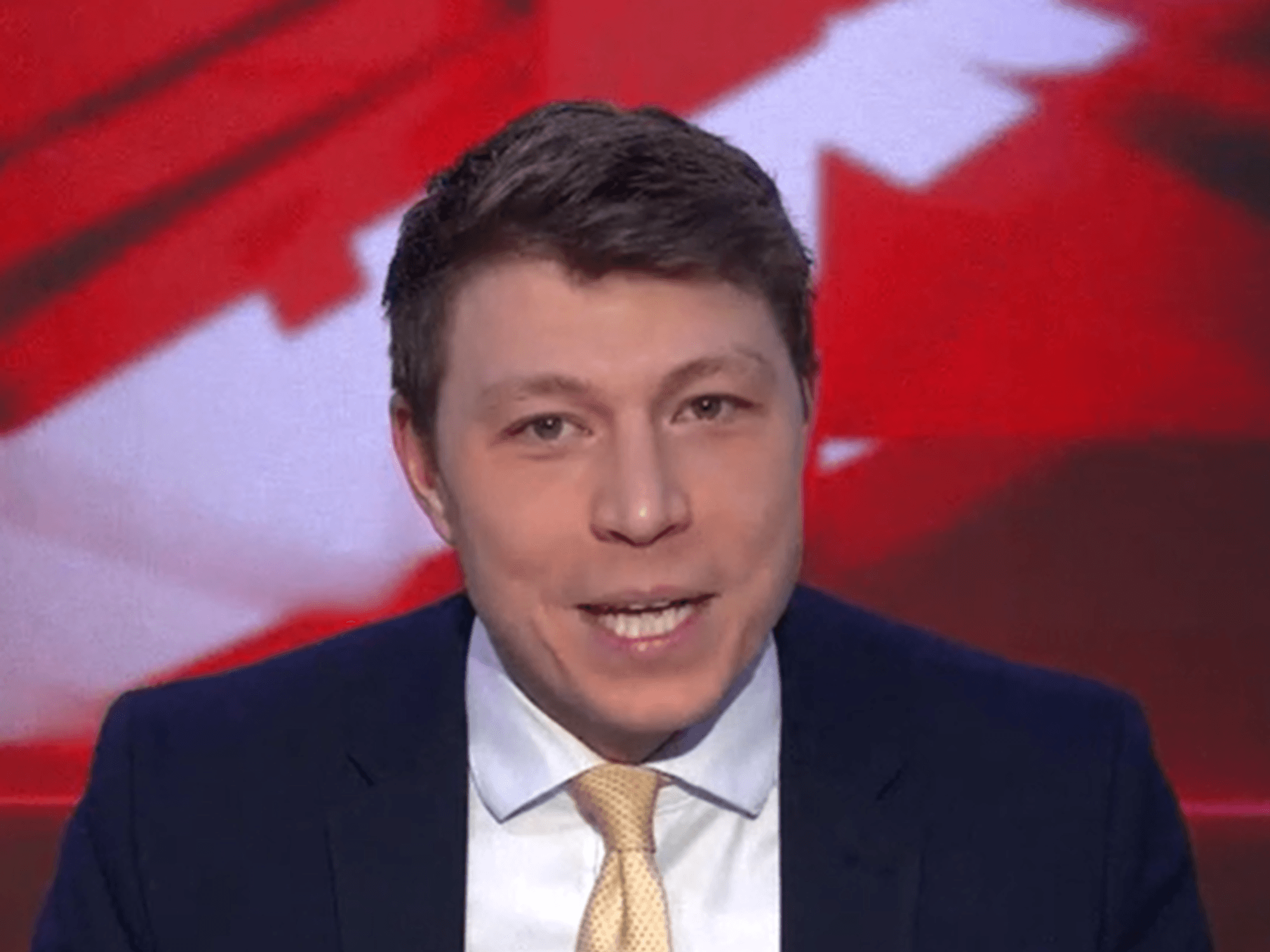Reform has finally moved beyond soundbites with its new plan. Now comes the pressure cooker - Kevin Foster
OPINION: Where the plan gets weaker is in making grand statements
Don't Miss
Most Read
Latest
Protest parties can simply make demands, yet a party which aspires to govern needs a plan. Reform UK is hoping to deal with the suggestion that it is just a bandwagon for protest votes by unveiling plans on key issues. Their first effort on net zero (best summed up as tax, tax, ban, regulate) did not go well, so what about their recent effort on immigration?
The key demand Reform reform-minded voters have is an end to the small boats' crisis. If there were one simple solution, it would already have been done, so a wider strategy with multiple aspects is needed, a point Reform appears to be grasping.
Talk of reforming the law, creating a new British Bill of Rights to replace the ECHR and making it harder to lodge appeals or asylum claims to prevent deportation from the UK are all items a UK Government with a majority can pursue.
Reform’s announcement states draft legislation is being prepared, a welcome move which would allow proper scrutiny of their plans once published.
The obvious danger of publishing a draft is that it may also reveal weaknesses, but let’s see what it says before passing judgment.

Reform has finally moved beyond soundbites with its new plan. Now comes the pressure cooker - Kevin Foster
|Getty Images
Where the plan gets weaker is in making grand statements, which would mean large amounts of operational work to deliver.
Pledges of expanding detention capacity “massively” are easy to make in opposition, a lot harder for a Government needing to find specific sites in the face of local opposition (Will Nigel set a lead by committing to build an immigration detention centre in Clacton?), construct and then fit out Immigration detention centres. How will Reform actually deliver this pledge?
Then there is the talk of chartered removal flights on a “high frequency”. Again, there are practical constraints in the number of suitable aircraft available for charter, needing large numbers of staff to facilitate them and how many you can get on each flight.
President Trump has made extensive use of the US military to enact removals from the USA. Will Reform order the UK military to do the same?
Domestic parts of the plan are within the UK Government’s control, yet Reform’s plan acknowledges they must secure bilateral returns agreements and third country agreements to ensure there are destinations for all individuals being deported, including those from war-torn countries.
“Third Country Agreement” is another name for “The Rwanda Plan”. It would be tempting to highlight what Nigel Farage said about this approach previously, yet with Labour now looking at overseas “Migrant Hubs”, it's not just Reform realising the need to have an answer to what you do with those from countries we cannot realistically expect deportations to, e.g. Syria or Afghanistan.
Securing returns agreements means either cajoling or incentivising other governments into agreement. Threats of trade or visa sanctions, especially if in conjunction with the USA, will encourage many nations to take back their own. Yet some nations are much trickier, take India. How will Reform convince India to allow literally thousands of its own citizens to be sent back over a five-year period?
India always looks for visa concessions in any trade or migration deal. What would Nigel offer them? They are big enough to say no.
Finally, it’s not just Rishi Sunak or Keir Starmer who can come up with a gimmick. A “Minister for Deportation” is a rebrand of an existing Home Office role. A new job title for a politician is not going to stop the boats. Reform’s plan shows their thinking is moving beyond just soundbites, but it’s clearly still a work in progress.











